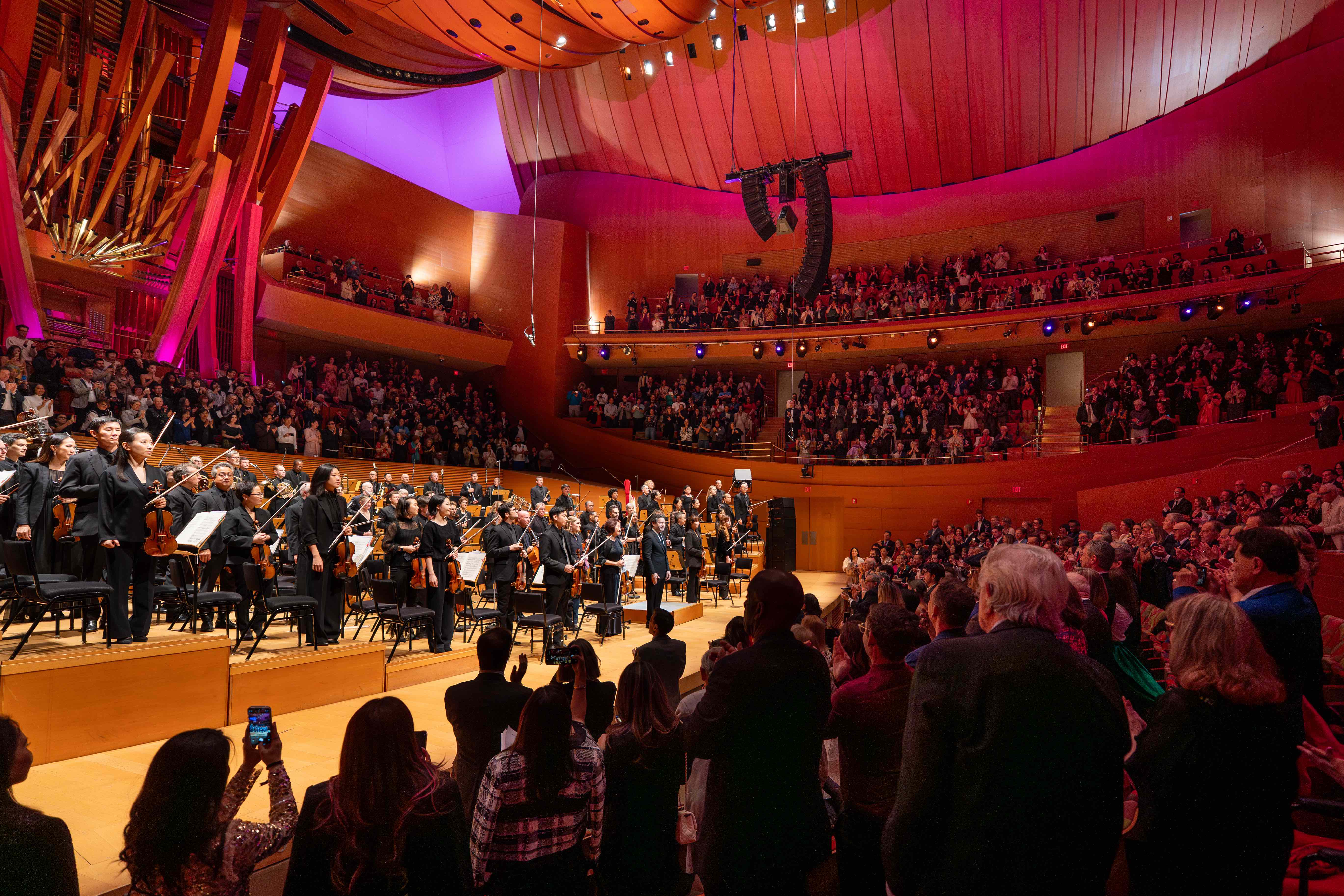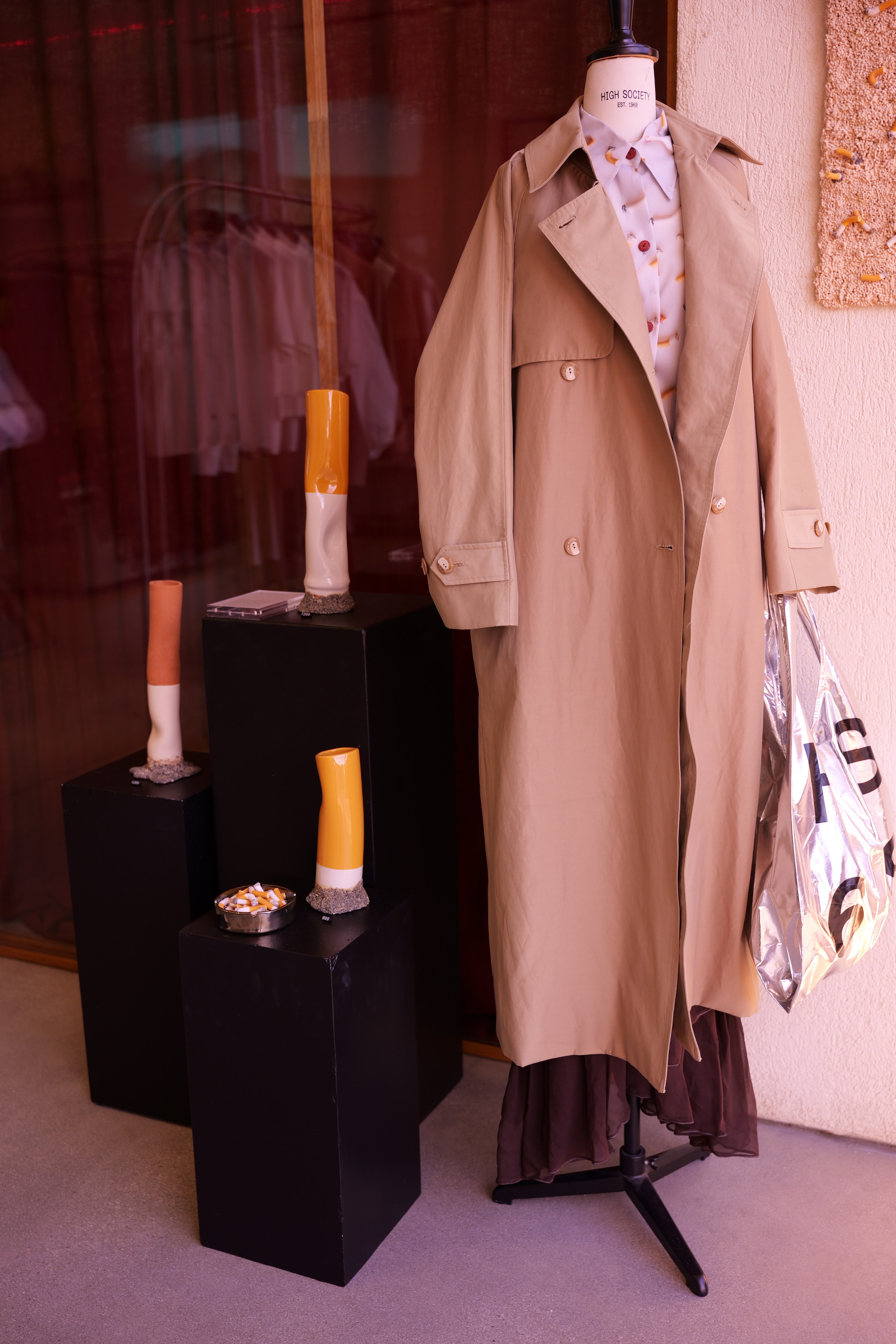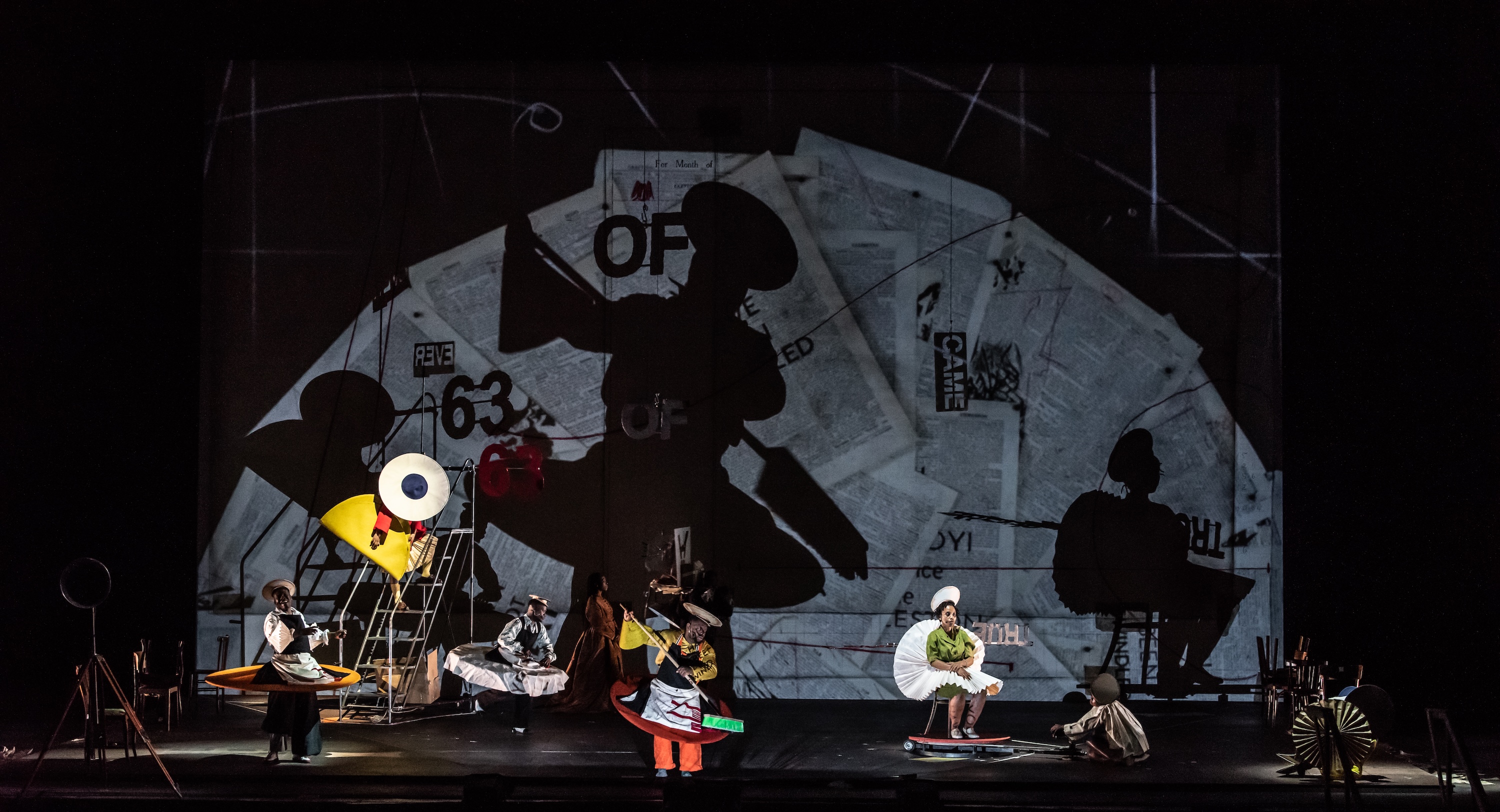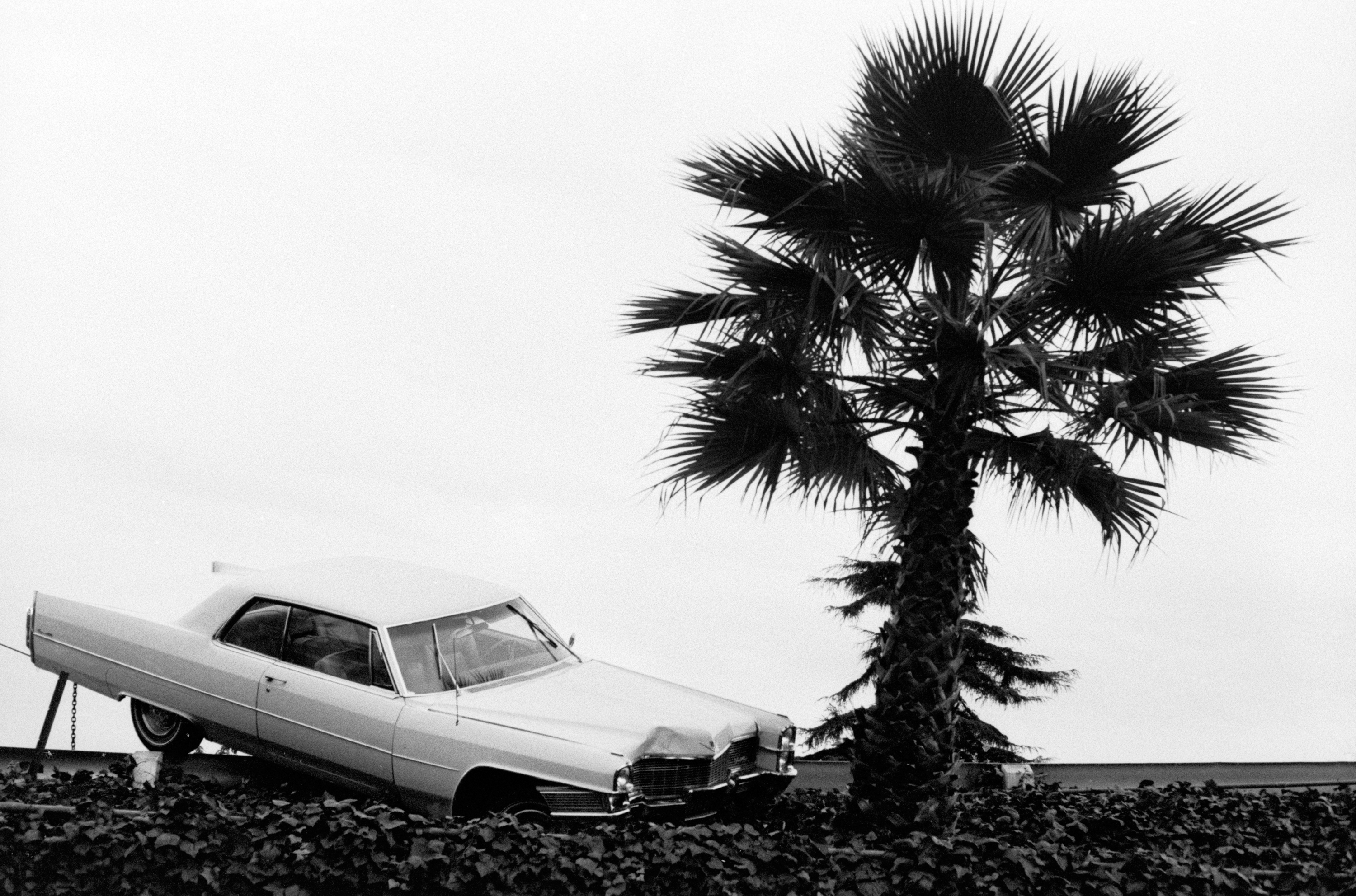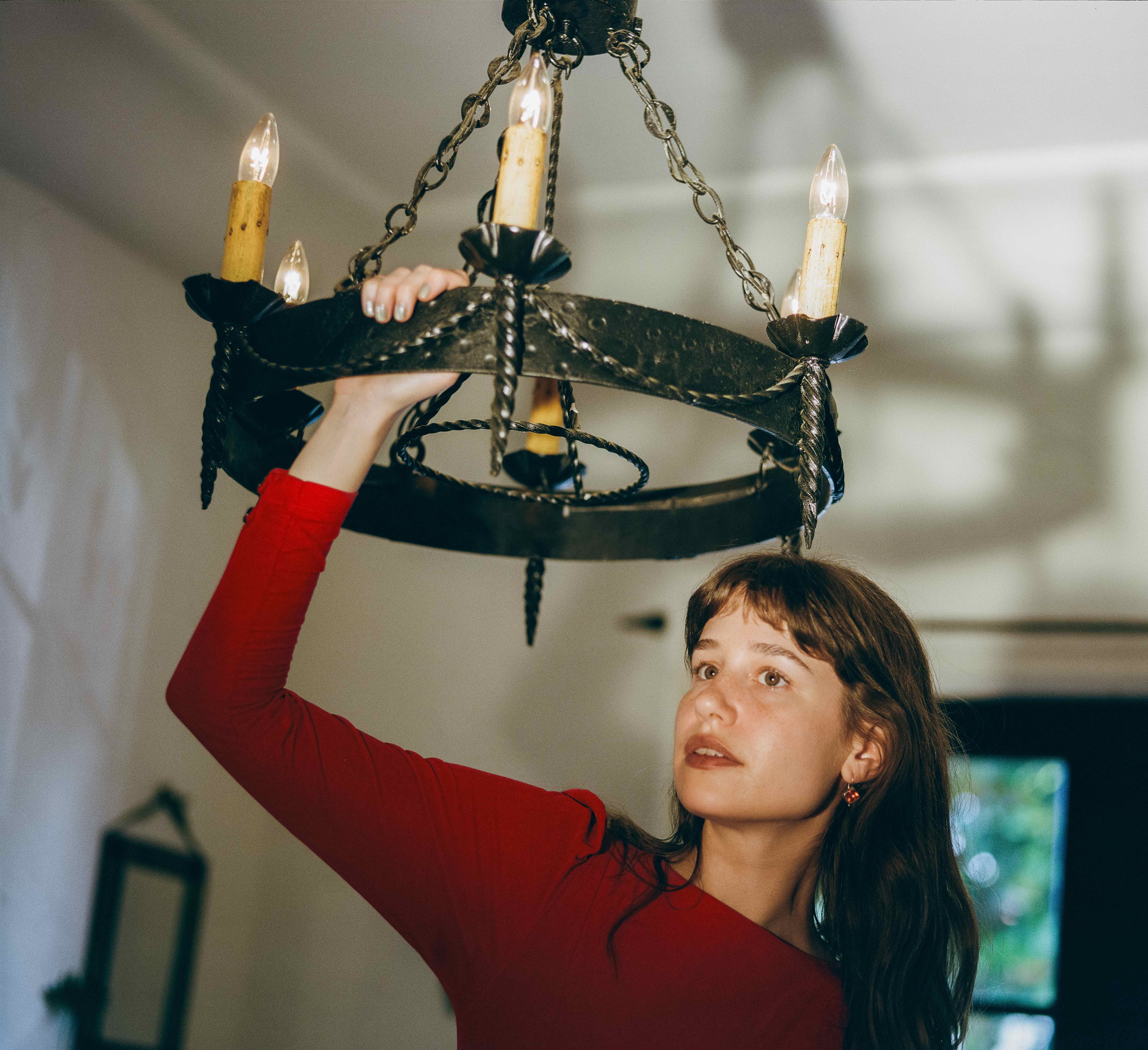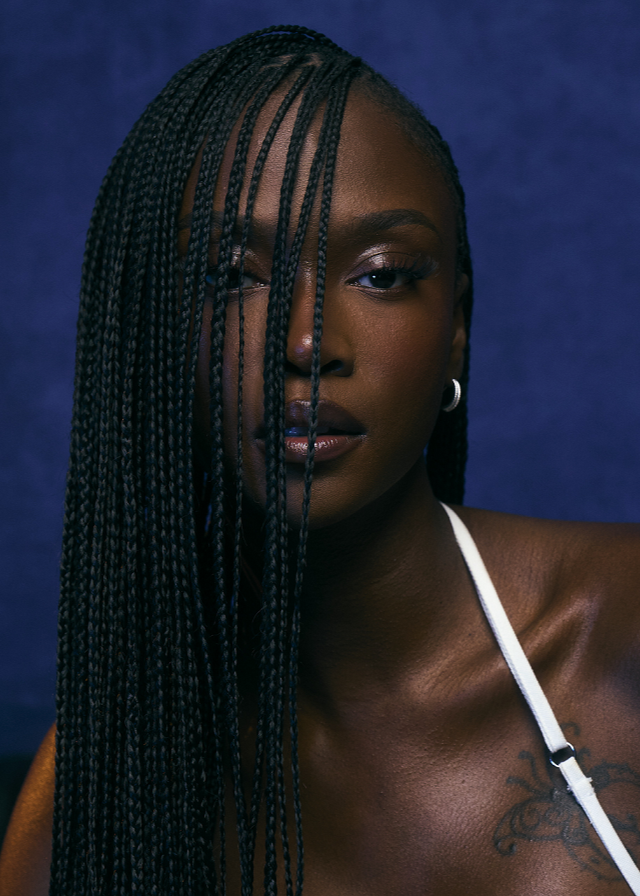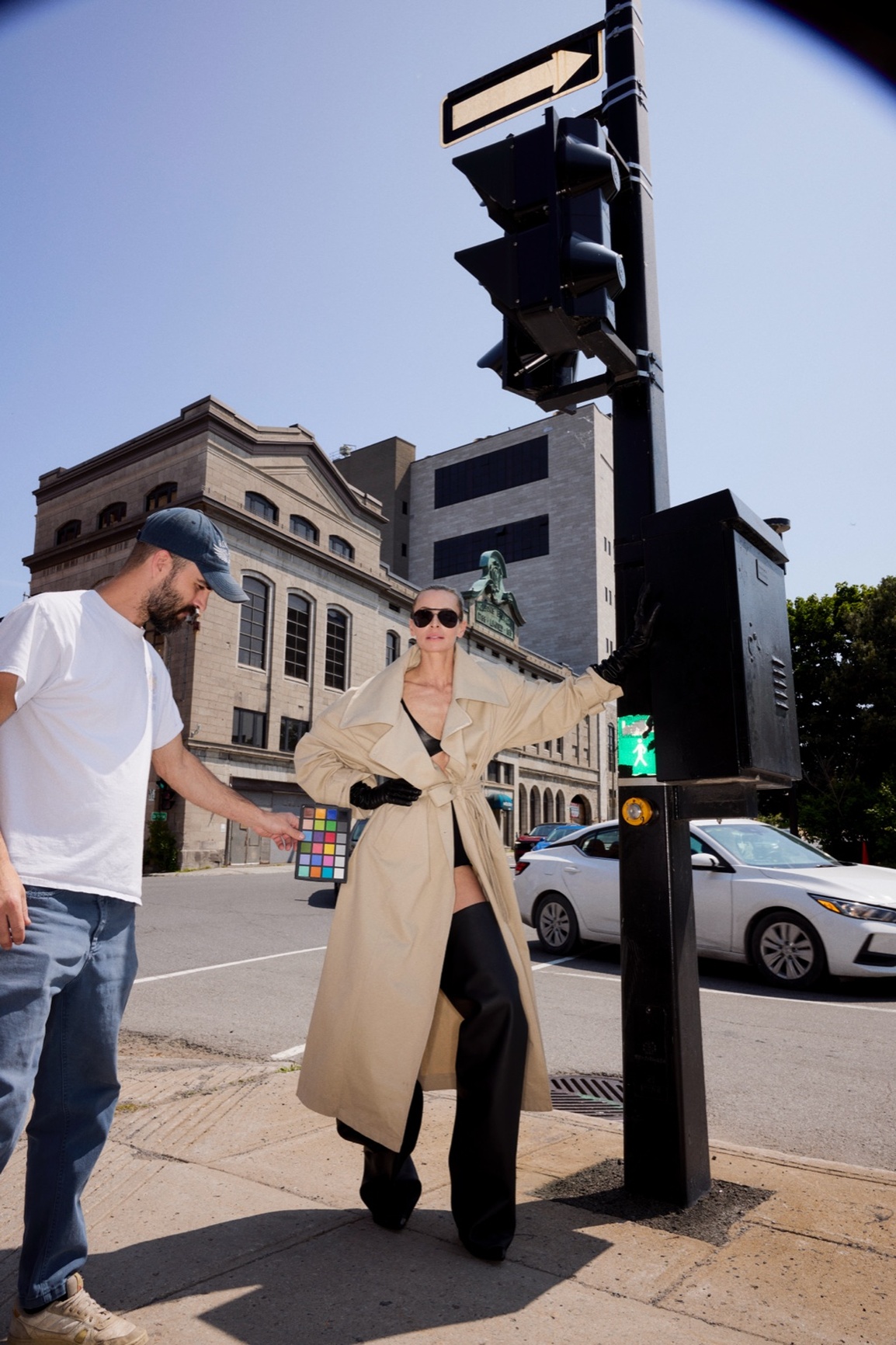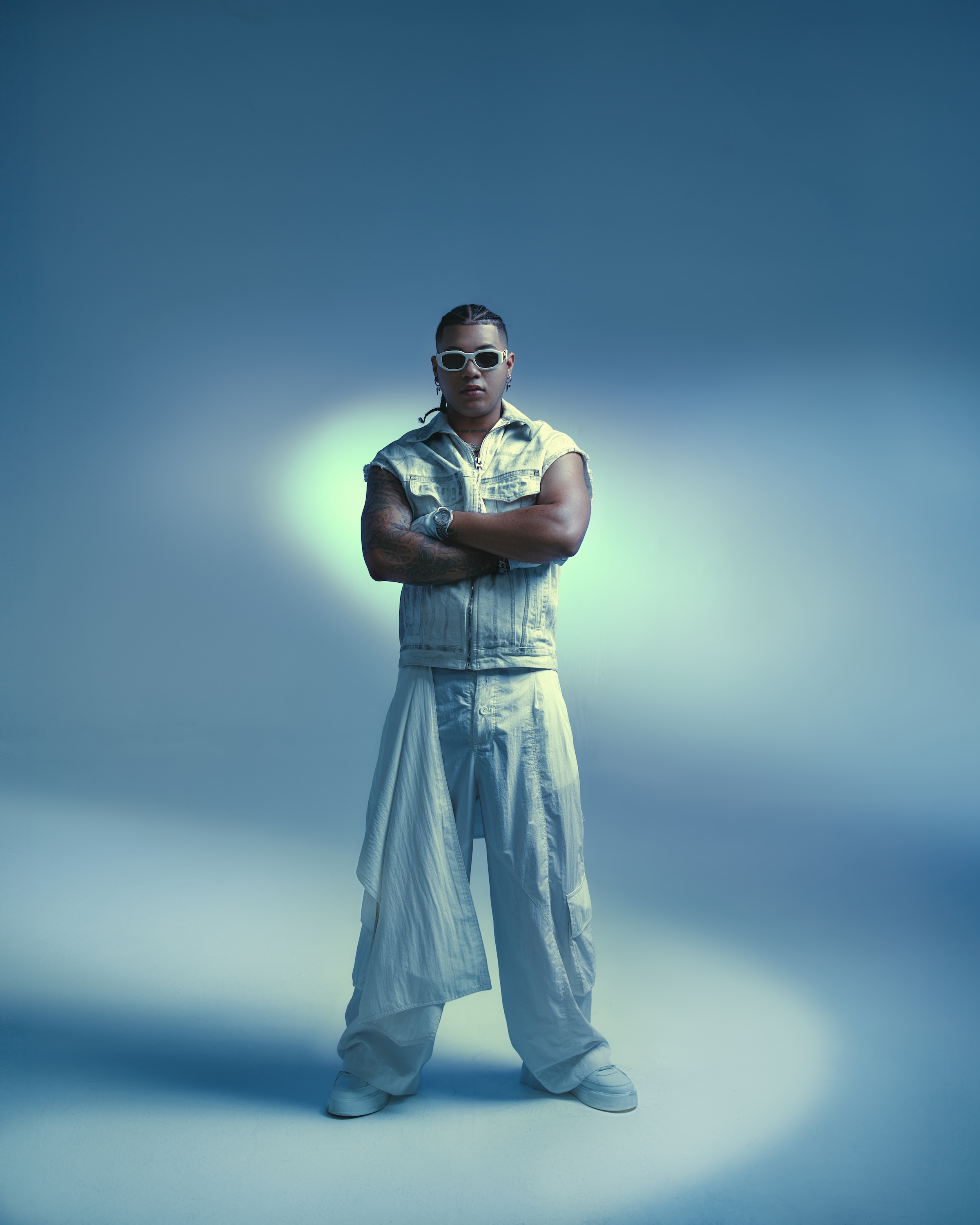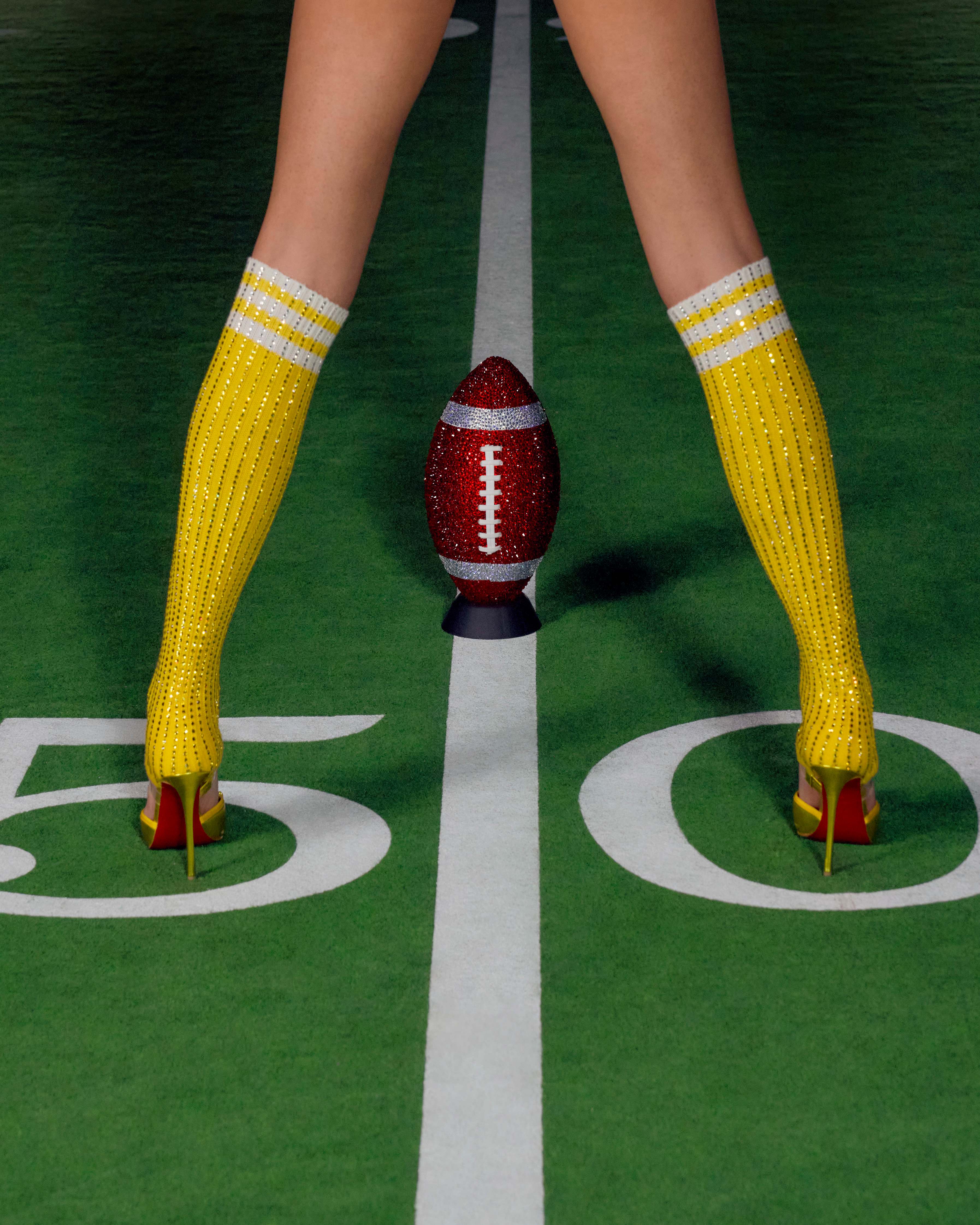

[](https://flaunt-mag.squarespace.com/config/pages/587fe9d4d2b857e5d49ca782#)[](https://flaunt-mag.squarespace.com/config/pages/587fe9d4d2b857e5d49ca782#)
The Great Aural Interplay 20
A grip of blind dates betwixt a grip of musicians
\[it seemed like a good idea at the time\]
Woodkid interviewed
_by_
Of the Opera
It might seem a bit grandiose and swishy, but he’s French so it’s, well, par for the course. See, Yoann Lemoine’s passage from vibrant music video director to musician seems one of unfettered ease. Under the pseudonym Woodkid, Lemoine translates his cinematic scope into rich arrangements, pairing rotund percussion with the soft swells of horns and strings—a pop orchestra. There is a sense of heroic pride when listening to Woodkid; the feeling equates to that of riding a mustang bareback through open tundra.
Of the Opera: _In the music industry’s current state, countless musicians are licensing their music for commercials, scoring movies, posing in ads for alcohol companies and clothing brands, etc. Do you feel the phrase “selling out” is still a dirty word? And has it forced you to consider commercial appeal while writing music?_Woodkid: I don’t think this is a problem as long as these collaborations make sense artistically. When Warhol worked with Absolut I think it made sense. When Kanye worked with Nike I also think it did. The people that call artists sellouts are the same ones that download music illegally or get promo albums for free—follow my eyes.
_The truth is we need money to develop our projects, and so far I don’t really make money with Woodkid because it costs as much as it generates money. So we take the money where it is. As long as it doesn’t compromise the quality of the music and the creativity I really don’t see where is the problem._I think the problem for most people is not about selling the music. It’s about making money. To me, the ones who still think artists have to be poor and unknown to be credible are stuck in the past.
_How conscious are you of your music’s impact on the listener?_I met this very young fan in the U.K. and I shook his hand. He pulled my hand and hugged me, started to burst in tears. It was a little bit scary and I kind of realized that I had the power to generate happiness or sadness, that I had some kind of responsibility. I think this is a good thing, because I think I started doing music with the wrong intentions, to prove something to myself, or the world—to be recognized. But the more I perform and the more I connect with people the more I want to focus on their entertainment and their emotions exclusively.
 
[](https://flaunt-mag.squarespace.com/config/pages/587fe9d4d2b857e5d49ca782#)[](https://flaunt-mag.squarespace.com/config/pages/587fe9d4d2b857e5d49ca782#)
The Great Aural Interplay 20
A grip of blind dates betwixt a grip of musicians
\[it seemed like a good idea at the time\]
Woodkid interviewed
_by_
Of the Opera
It might seem a bit grandiose and swishy, but he’s French so it’s, well, par for the course. See, Yoann Lemoine’s passage from vibrant music video director to musician seems one of unfettered ease. Under the pseudonym Woodkid, Lemoine translates his cinematic scope into rich arrangements, pairing rotund percussion with the soft swells of horns and strings—a pop orchestra. There is a sense of heroic pride when listening to Woodkid; the feeling equates to that of riding a mustang bareback through open tundra.
Of the Opera: _In the music industry’s current state, countless musicians are licensing their music for commercials, scoring movies, posing in ads for alcohol companies and clothing brands, etc. Do you feel the phrase “selling out” is still a dirty word? And has it forced you to consider commercial appeal while writing music?_Woodkid: I don’t think this is a problem as long as these collaborations make sense artistically. When Warhol worked with Absolut I think it made sense. When Kanye worked with Nike I also think it did. The people that call artists sellouts are the same ones that download music illegally or get promo albums for free—follow my eyes.
_The truth is we need money to develop our projects, and so far I don’t really make money with Woodkid because it costs as much as it generates money. So we take the money where it is. As long as it doesn’t compromise the quality of the music and the creativity I really don’t see where is the problem._I think the problem for most people is not about selling the music. It’s about making money. To me, the ones who still think artists have to be poor and unknown to be credible are stuck in the past.
_How conscious are you of your music’s impact on the listener?_I met this very young fan in the U.K. and I shook his hand. He pulled my hand and hugged me, started to burst in tears. It was a little bit scary and I kind of realized that I had the power to generate happiness or sadness, that I had some kind of responsibility. I think this is a good thing, because I think I started doing music with the wrong intentions, to prove something to myself, or the world—to be recognized. But the more I perform and the more I connect with people the more I want to focus on their entertainment and their emotions exclusively.

[](https://flaunt-mag.squarespace.com/config/pages/587fe9d4d2b857e5d49ca782#)[](https://flaunt-mag.squarespace.com/config/pages/587fe9d4d2b857e5d49ca782#)
The Great Aural Interplay 20
A grip of blind dates betwixt a grip of musicians
\[it seemed like a good idea at the time\]
Woodkid interviewed
_by_
Of the Opera
It might seem a bit grandiose and swishy, but he’s French so it’s, well, par for the course. See, Yoann Lemoine’s passage from vibrant music video director to musician seems one of unfettered ease. Under the pseudonym Woodkid, Lemoine translates his cinematic scope into rich arrangements, pairing rotund percussion with the soft swells of horns and strings—a pop orchestra. There is a sense of heroic pride when listening to Woodkid; the feeling equates to that of riding a mustang bareback through open tundra.
Of the Opera: _In the music industry’s current state, countless musicians are licensing their music for commercials, scoring movies, posing in ads for alcohol companies and clothing brands, etc. Do you feel the phrase “selling out” is still a dirty word? And has it forced you to consider commercial appeal while writing music?_Woodkid: I don’t think this is a problem as long as these collaborations make sense artistically. When Warhol worked with Absolut I think it made sense. When Kanye worked with Nike I also think it did. The people that call artists sellouts are the same ones that download music illegally or get promo albums for free—follow my eyes.
_The truth is we need money to develop our projects, and so far I don’t really make money with Woodkid because it costs as much as it generates money. So we take the money where it is. As long as it doesn’t compromise the quality of the music and the creativity I really don’t see where is the problem._I think the problem for most people is not about selling the music. It’s about making money. To me, the ones who still think artists have to be poor and unknown to be credible are stuck in the past.
_How conscious are you of your music’s impact on the listener?_I met this very young fan in the U.K. and I shook his hand. He pulled my hand and hugged me, started to burst in tears. It was a little bit scary and I kind of realized that I had the power to generate happiness or sadness, that I had some kind of responsibility. I think this is a good thing, because I think I started doing music with the wrong intentions, to prove something to myself, or the world—to be recognized. But the more I perform and the more I connect with people the more I want to focus on their entertainment and their emotions exclusively.
